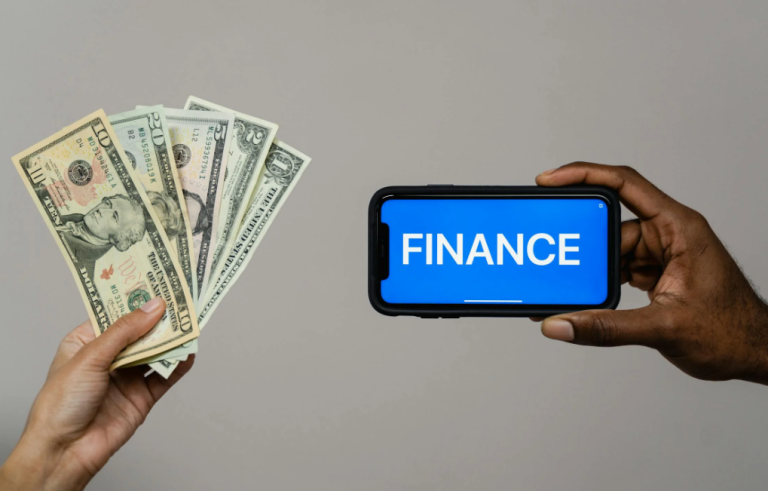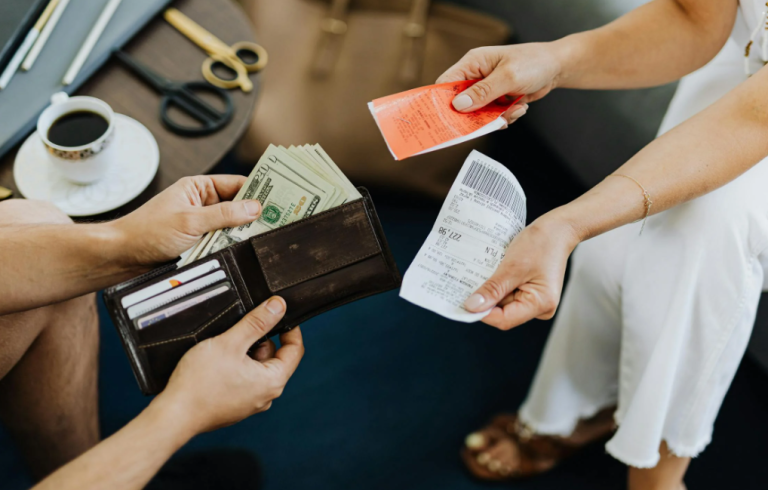
Introduction
In today’s fast-paced world, saving money can often feel like a distant dream. With constant temptations to spend, managing personal finances requires more than just willpower; it needs strategy. Smart savings are not about drastically cutting back or living frugally but about making intentional choices every day. If you’re wondering how to start saving money every day without feeling deprived, this article will show you five simple and practical methods that can have a real impact on your finances.
Understanding the Importance of Saving
Saving money is not just about putting money aside for a rainy day. It’s about building a safety net that gives you peace of mind and ensures you’re financially prepared for the future. The importance of saving cannot be overstated—it’s the foundation of financial security and independence. A consistent savings habit can lead to a debt-free life and more opportunities to enjoy the things you love.
The Psychology of Spending
Many of us make spending decisions based on emotions rather than logic. Impulse purchases, influenced by marketing or the desire for instant gratification, can quickly drain your funds. To save effectively, you need to understand your spending patterns and identify where unnecessary costs creep in.
Overcoming the Temptation to Spend
A critical step in saving money is overcoming the temptation to overspend. Creating mindful spending habits starts with being aware of your emotional triggers and setting boundaries. For example, setting clear budgets for entertainment or shopping can help prevent impulse buys.
Tip #1: Start Small with Your Savings
It’s easy to feel overwhelmed by the idea of saving large sums of money, especially if your income is limited. However, the beauty of savings is in starting small. The magic of incremental savings can have a huge cumulative effect over time.
Why Small Savings Matter
Whether it’s $1 a day or $10 a week, small amounts add up. Imagine saving just $5 every day. In one month, that’s $150. Over a year, that becomes $1,800! Small savings are often more sustainable than drastic cuts, and they can eventually lead to significant wealth.
Practical Ways to Save Small Amounts
Here are a few easy ways to start saving small amounts:
- Skip that daily coffee run and brew your own.
- Use spare change to fund your savings jar.
- Cut down on subscriptions you rarely use, like magazines or streaming services.
Tip #2: Track Your Expenses
A key step to saving money every day is tracking where your money goes. Without this awareness, it’s easy to miss unnecessary expenses that could be put toward savings.
Using Budgeting Apps Effectively
Tracking expenses is no longer a tedious task thanks to budgeting apps. Tools like Mint, YNAB (You Need a Budget), or PocketGuard can automatically categorize your spending, making it easier to identify areas where you can cut back. These apps give you a clear picture of your financial habits and help you stay on track.
Categorizing Your Spending
Most people have recurring expenses they don’t even realize, such as subscriptions or regular deliveries. By categorizing your spending, you can easily pinpoint areas where you’re overspending, allowing you to make adjustments.
Tip #3: Embrace the 24-Hour Rule
One of the most powerful tools for saving money is the 24-hour rule. It’s simple: if you feel the urge to buy something, wait 24 hours before making the purchase. This brief pause allows time to reflect on whether it’s a genuine need or just an impulse.
Why Impulse Purchases Hurt Your Budget
Impulse buying is a major obstacle to saving. What often feels like a harmless purchase can disrupt your budget. By taking a step back, you give yourself the opportunity to evaluate if the item is truly worth the expense.
Real-Life Examples of the 24-Hour Rule
Many people have found success by implementing this rule. For example, Sarah, a young professional, used to buy clothes on impulse. Now, she waits a day before buying, and she often realizes that she didn’t really need the item, saving her money.
Tip #4: Make Use of Discounts and Deals
Being a smart shopper isn’t just about cutting out unnecessary purchases; it’s also about getting the best deal on the things you need. Discounts, promotions, and special offers are great opportunities to save money.
Couponing and Promo Codes
Before buying anything online, take a moment to search for discount codes. Websites like RetailMeNot or Honey provide countless coupon codes that can help lower the cost of your purchase.
Loyalty Programs and Cashback
Many stores offer loyalty programs that give you points or discounts with every purchase. Signing up for cashback programs is another smart way to save, allowing you to get money back on everyday purchases.
Tip #5: Automate Your Savings
Automation is a powerful tool in managing finances. By setting up automatic transfers to your savings account, you’re less likely to spend money you intended to save.

Setting Up Automatic Transfers
Many banks allow you to set up automatic transfers from your checking to your savings account. You can schedule these transfers for the day after payday to make saving effortless.
Benefits of Saving Without Thinking
Automating your savings ensures that you won’t accidentally forget or spend the money you intended to save. It also makes saving a seamless part of your routine, removing the temptation to dip into your savings.
Conclusion
Saving money every day doesn’t require drastic sacrifices. By implementing small, consistent habits such as tracking expenses, using discounts, and automating savings, you can steadily build your wealth without feeling deprived. Over time, these simple strategies can lead to a more secure financial future. Remember, it’s not about how much you save at once, but the habit you develop that makes the real difference.

FAQs
How can I start saving with no extra income?
Even if you don’t have extra income, you can start small. Look for areas to cut back on your spending, like dining out or subscription services, and reallocate that money into savings.
What is the best budgeting app?
Some popular budgeting apps include Mint, YNAB, and PocketGuard. Each offers unique features that help track expenses and create budgets. Try a few to see which one works best for you.
How do I avoid impulse buys?
Try the 24-hour rule to pause and think about your purchases. Often, taking a break helps you decide whether the item is a true need or just an impulse.
How much should I save every month?
Start with a small percentage of your income, like 5-10%. Over time, you can increase this as your financial situation improves.
Can I save money on groceries easily?
Yes! Meal planning, using coupons, and buying in bulk can significantly cut grocery costs. Also, shopping with a list helps avoid unnecessary purchases.





